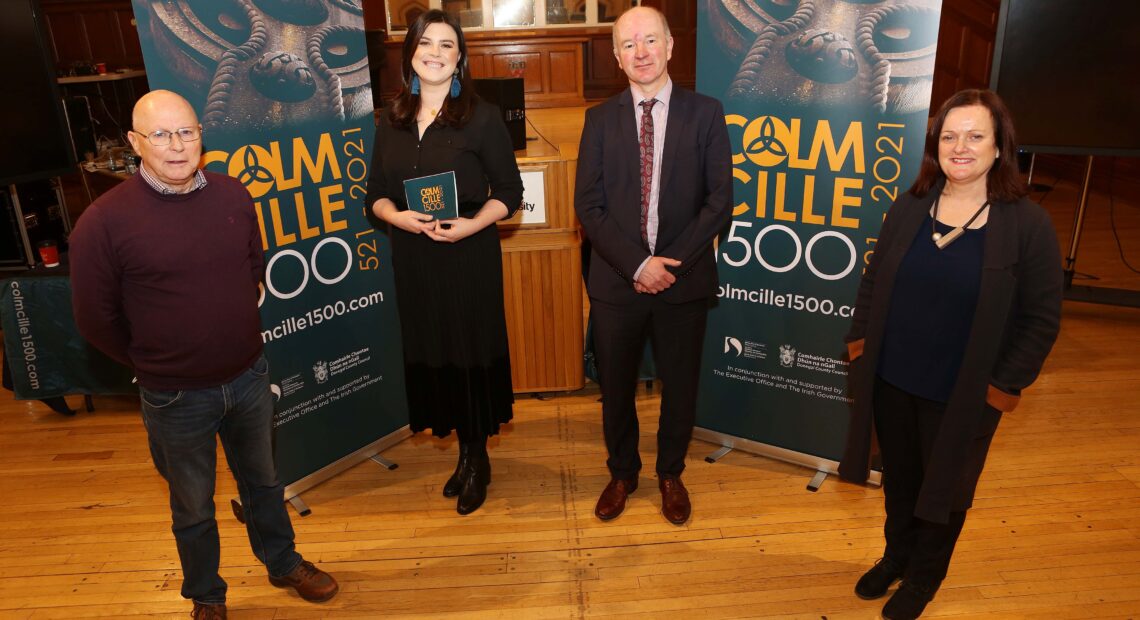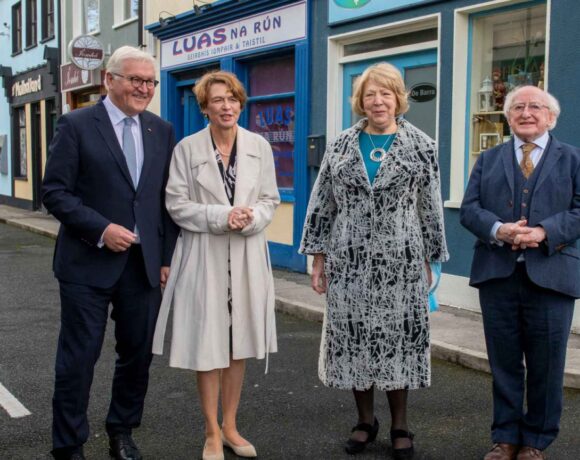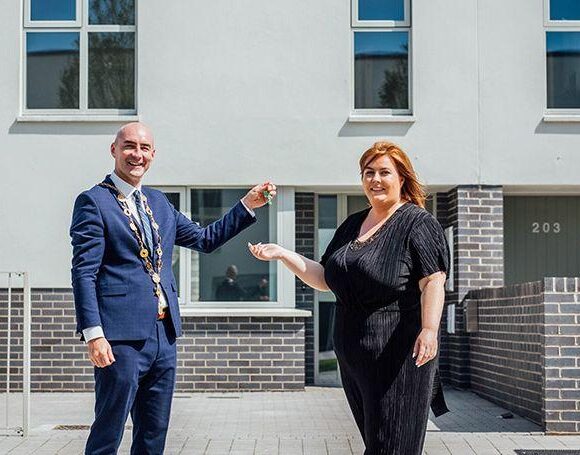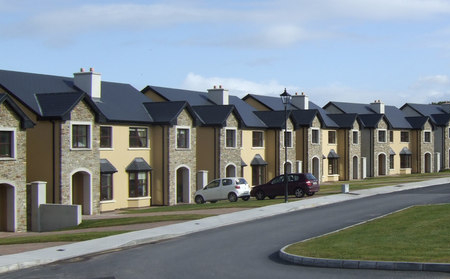A global audience tuned into the Great Hall at Magee Campus at the University of Ulster in Derry this week to mark the 1500th birthday of Colmcille. 200 people from 10 countries tuned in to the historic event co-hosted by Donegal County Council and Derry City and Strabane District Council
Colmcille 1500 is a year-long commemoration marking the 1500th anniversary of the birth of Colmcille. St. Colmcille, also known as St. Columba – the Latin form of his name – was born in Gartan County Donegal in either 520 or 521 A.D. He died in Iona Scotland in 597.
The virtual event combined video, dance, documentary, poetry and discussion with two expert panels taking part. The Irish panel was made up of Prof Malachy Ó Néill, Professor of Irish and Director of Regional Engagement at University of Ulster, Magee Campus, Dr Brian Lacey, Archaeologist, and Historian and Christy Gillespie, author, historian and former principal of Scoil Cholmcille, Termon in the heart of Colmcille’s local area.
Joining live from Scotland were Dr. Alasdair Whyte, University of Glasgow, Brian Ó hEadhra, Partnerships and Funding Manager, Bòrd Na Gàidhlig and Joy Dunlop, Gaelic Singer, TV and Radio Presenter.
This particular event charted Colmcille’s life’s journey from Gartan to Scotland and back to the Causeway Coast area before his return to Iona.
Colmcille 1500 Project Manager, Deirdre Harte described the event as building on a magnificent legacy, saying, “we are so proud to have been able to include this event in a year-long series of celebratory occasions. There is so much history and now legacy between the North West and Scotland bound by our Colmcille connections. This will be a legacy event to build on remarkable legacy by the Donegal-born patron saint. I want to thank our esteemed panel members and our host Áine Ní Bhreisleáin of Radio Na Gaeltachta who did a superb job in keeping online audiences engaged for over two hours.”
Source: Donegal County Council
[sibwp_form id=2]













